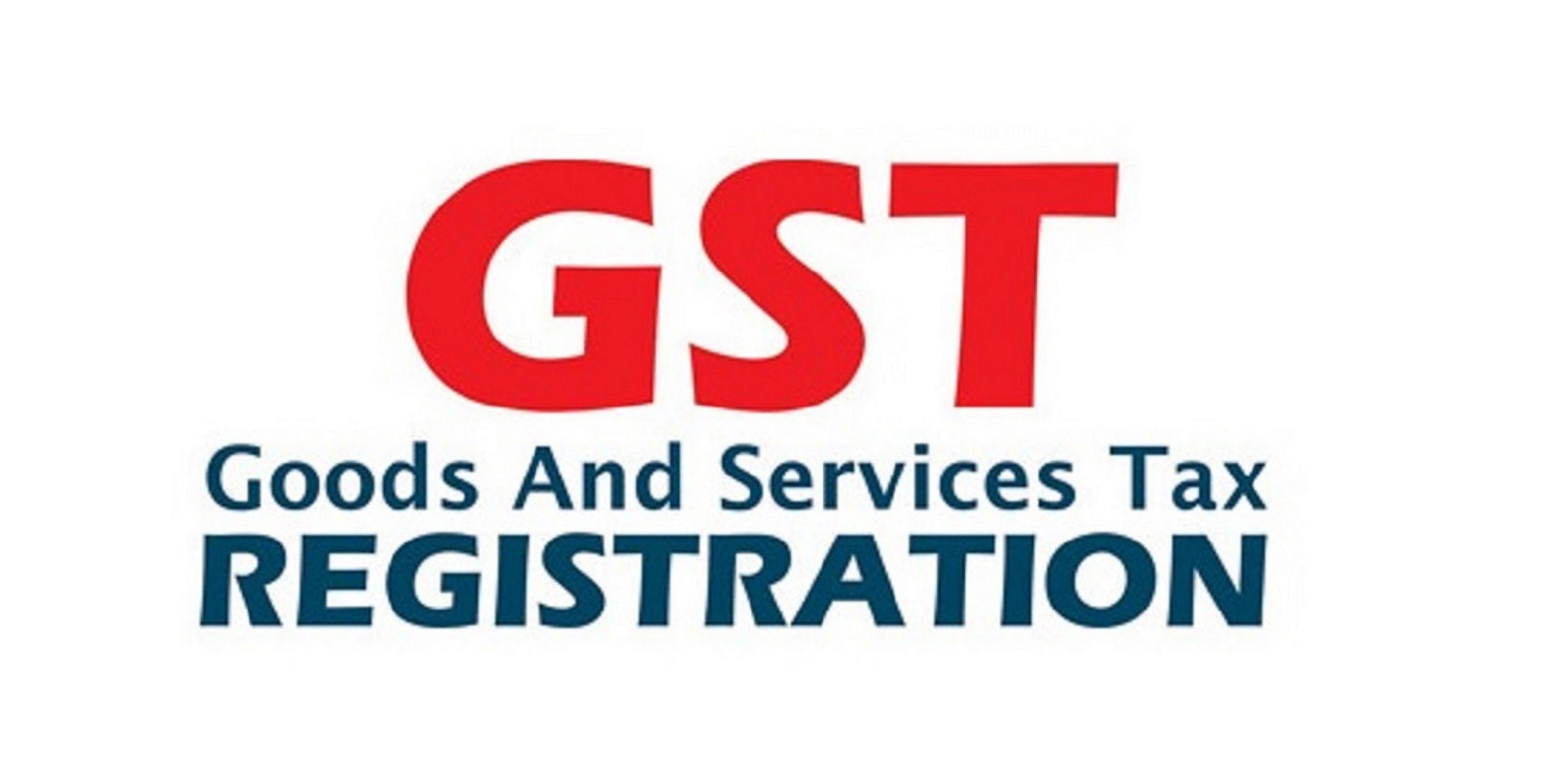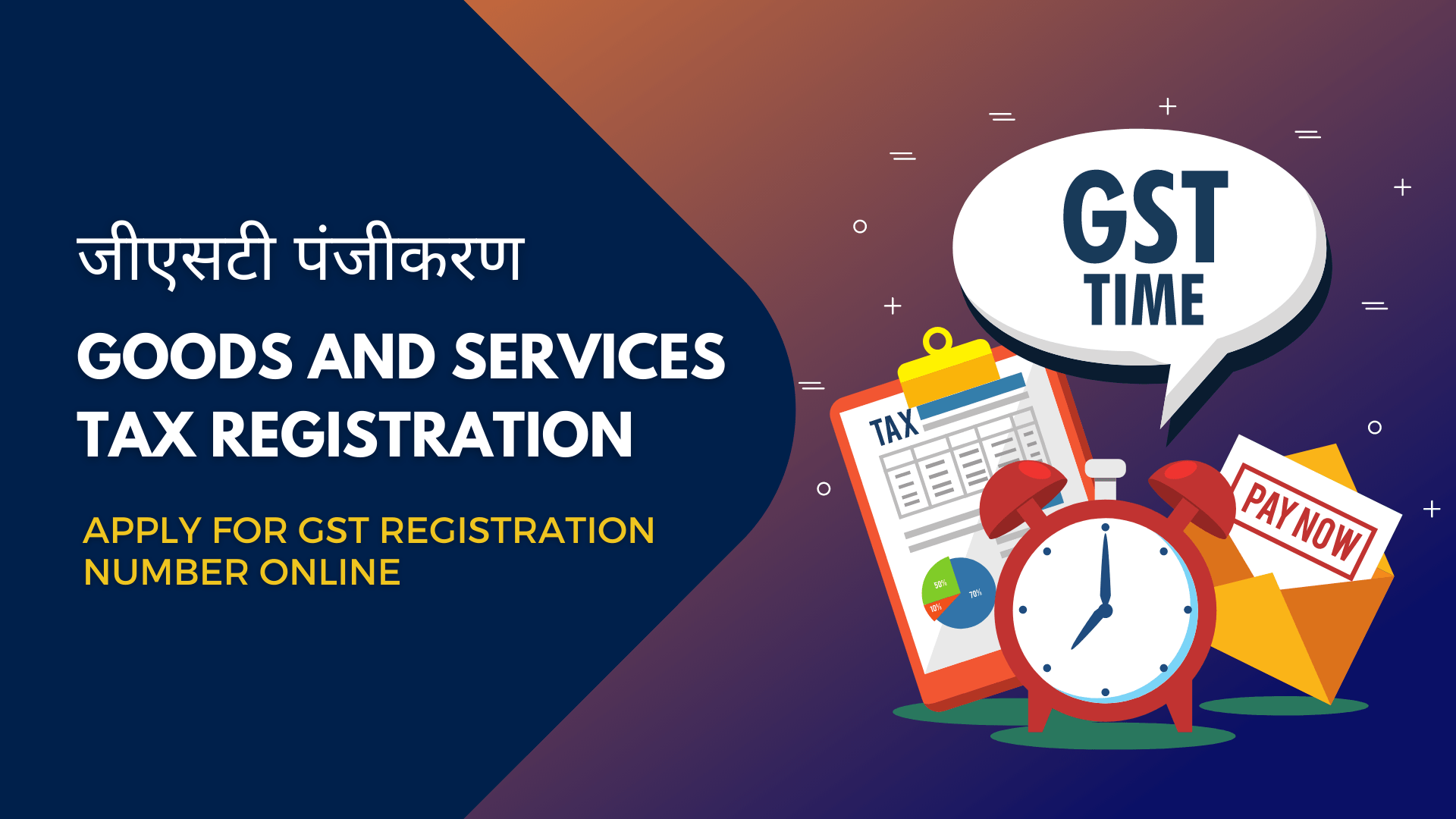Leading Tips for a Smooth Singapore GST Registration Experience
Leading Tips for a Smooth Singapore GST Registration Experience
Blog Article
Making The Most Of Tax Efficiency: Expert Tips on Browsing the GST Registration Puzzle for Little Organizations
Navigating the intricate landscape of Item and Solutions Tax Obligation (GST) registration can be a labyrinthine task for little organizations intending to optimize their tax obligation performance. In this discussion, we will check out skilled insights and actionable advice that can encourage small services to navigate the GST enrollment labyrinth successfully and maximize their tax obligation effectiveness.
Eligibility Requirements
Qualification requirements for Small Organization GST Enrollment incorporate certain requirements that organizations need to satisfy to abide by tax obligation guidelines. To qualify for GST enrollment, a company must have a yearly turnover surpassing the limit established by the tax obligation authorities, which differs by country. Furthermore, organizations involved in inter-state supply of items or solutions, or those selling items online, might be required to register for GST, regardless of their turnover. It is necessary for organizations to properly establish their qualification based upon these turn over limits to stay clear of penalties for non-compliance. Singapore GST Registration.

Paperwork Requirements
The needed documents typically consists of proof of company enrollment or unification, address and identity proofs of the business owner, pictures, financial institution account information, and proof of the principal area of company. Additionally, organizations need to offer information of their service tasks, consisting of the goods or solutions provided.
Keeping all needed documentation organized and conveniently easily accessible can improve the enrollment process and assistance companies conform with the needs effectively. Meticulous attention to information and adherence to the paperwork standards are essential for an effective GST registration process for small organizations.
Timing Considerations
Considering the crucial documents demands have been meticulously attended to, the next important aspect for local business starting the GST enrollment process is the tactical monitoring of timing considerations. Timing plays a critical duty in GST enrollment, impacting not only compliance yet also financial elements of business. Small Read Full Report companies require to carefully prepare the timing of their GST registration to optimize benefits and minimize potential risks.

Furthermore, services must straighten the timing of their GST registration with their functional preparedness. Adequate preparation, such as updating accounting systems and training team, is necessary to effortlessly incorporate GST needs right into everyday operations. By strategically handling timing factors to consider, local business can browse the GST enrollment process efficiently and optimize their tax efficiency.
Registration Refine Tips
Effectively navigating the GST enrollment procedure requires small organizations to implement aggressive and calculated enrollment procedure pointers. One essential tip is to guarantee all needed files are conveniently offered prior to beginning the registration process. This consists of service registration documents, evidence of address, financial institution declarations, and identification evidence of the service owners. Validating the accuracy of the information offered is similarly important to stop delays or rejections.
Furthermore, recognizing the limits and requirements for GST registration based on the details state or area where the organization operates is vital. Some states have various turn over limits that activate obligatory registration, so being notified regarding these limits can help companies intend in advance.
An additional useful tip is to take into consideration seeking specialist assistance from accounting professionals or tax obligation professionals who specialize in GST registration. Their competence can streamline the procedure, minimize errors, and make sure conformity with all regulations.
Conformity Best Practices
Small services have to prioritize compliance to stay clear of penalties and maintain a great standing with tax obligation authorities. Tiny company proprietors need to routinely examine federal government Our site standards and seek expert suggestions if required to ensure they are meeting all demands. By integrating these conformity ideal practices into their procedures, little businesses can navigate the complexities of GST enrollment with confidence and performance.
Conclusion
Finally, small services can navigate the GST registration labyrinth by ensuring they meet qualification criteria, gather required documents, consider timing effects, adhere to enrollment procedure suggestions, and abide by conformity ideal methods. By maximizing tax obligation efficiency through correct GST enrollment, organizations can boost their economic monitoring and procedures.
Navigating the intricate landscape of Goods and Provider Tax Obligation (GST) registration can be a labyrinthine task for small businesses intending to optimize their tax efficiency.Eligibility needs for Small Service GST Registration encompass specific standards that organizations have to satisfy to comply with tax regulations. The called for paperwork typically consists of evidence of service registration or address, unification and identification proofs of the company proprietor, photographs, bank account details, and proof of the principal place of business. Furthermore, organizations require to offer information of their company tasks, including the goods or solutions supplied.Effectively navigating the GST registration process calls for small organizations to implement strategic and proactive registration process ideas.
Report this page